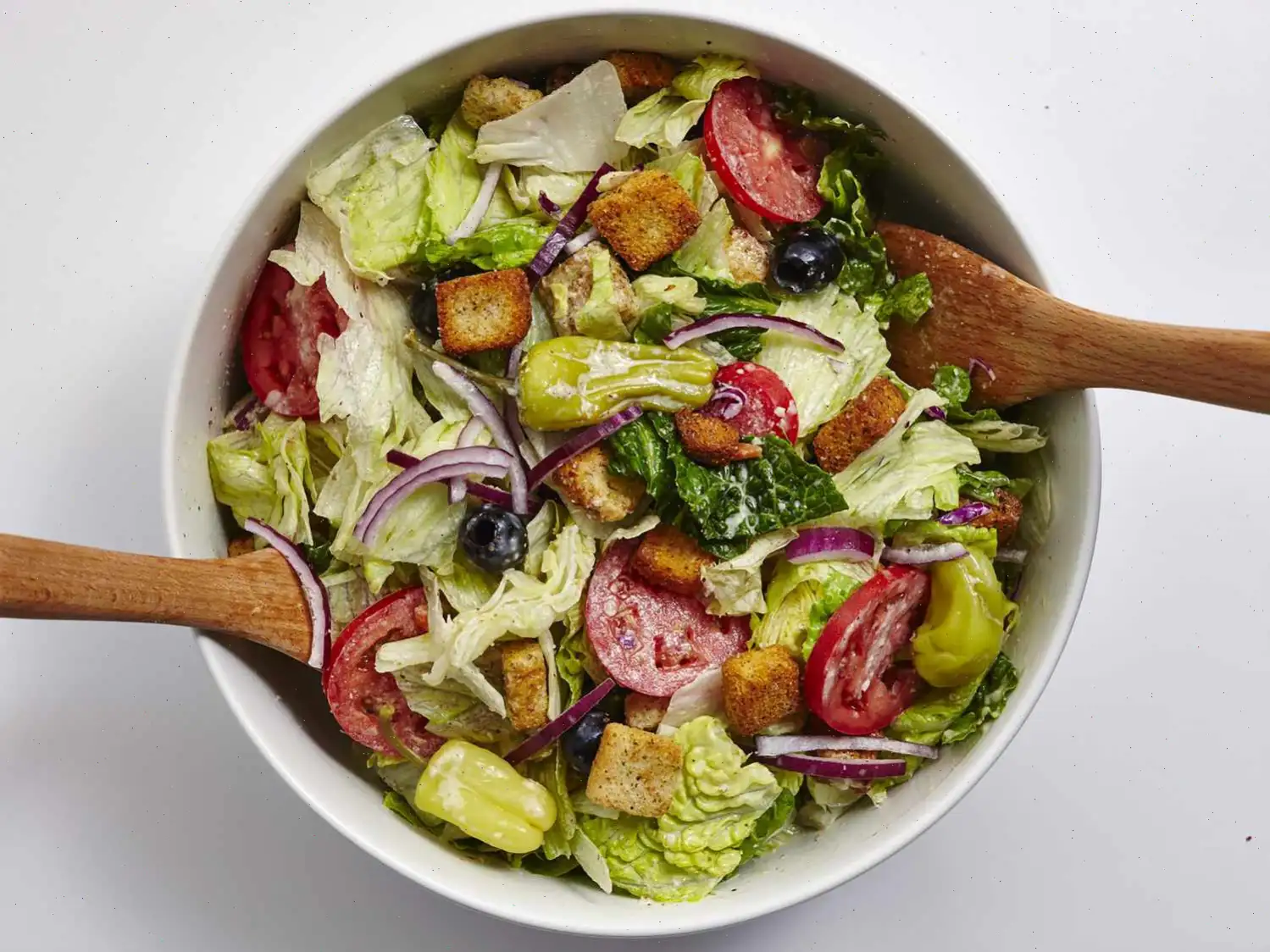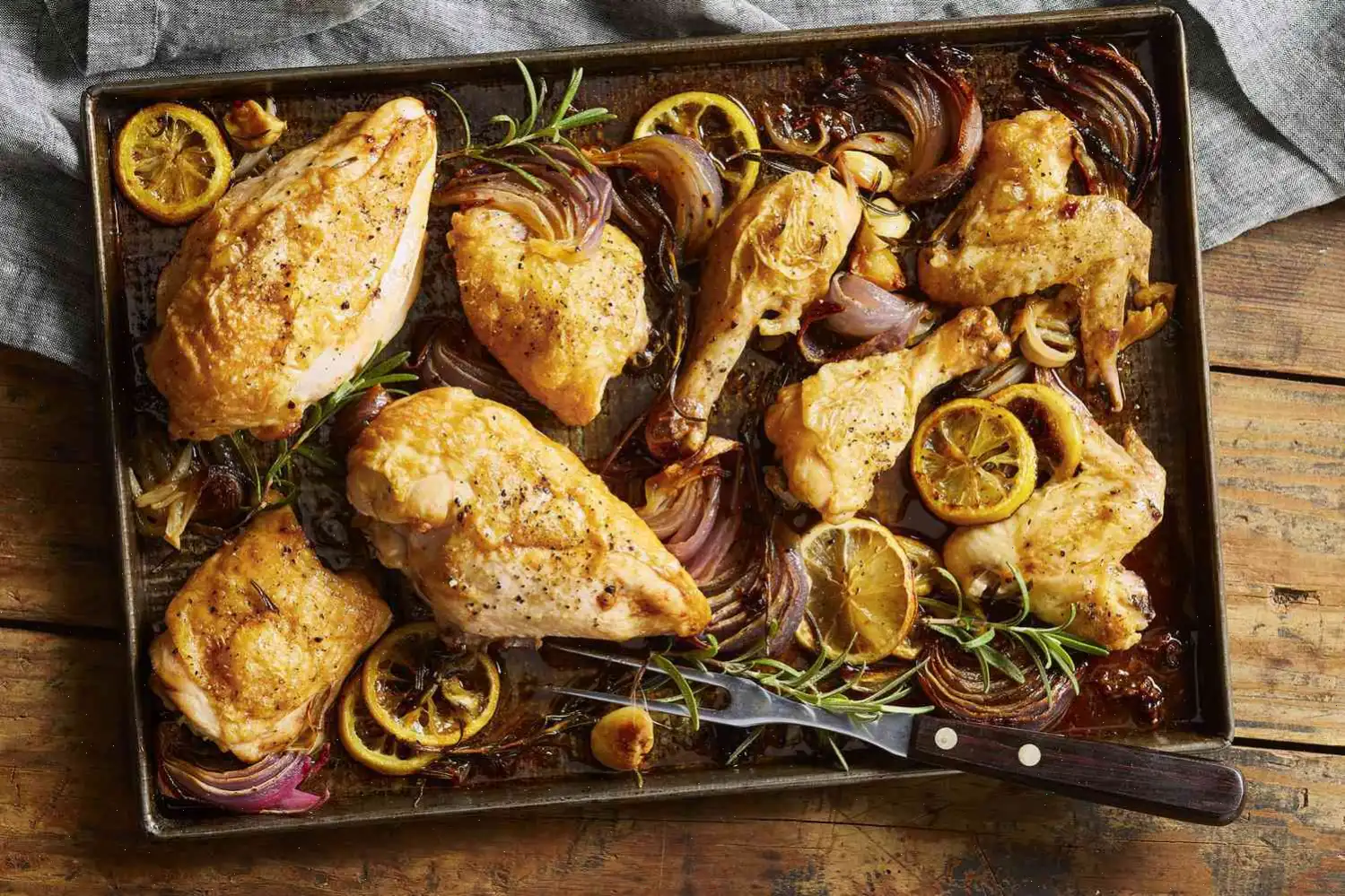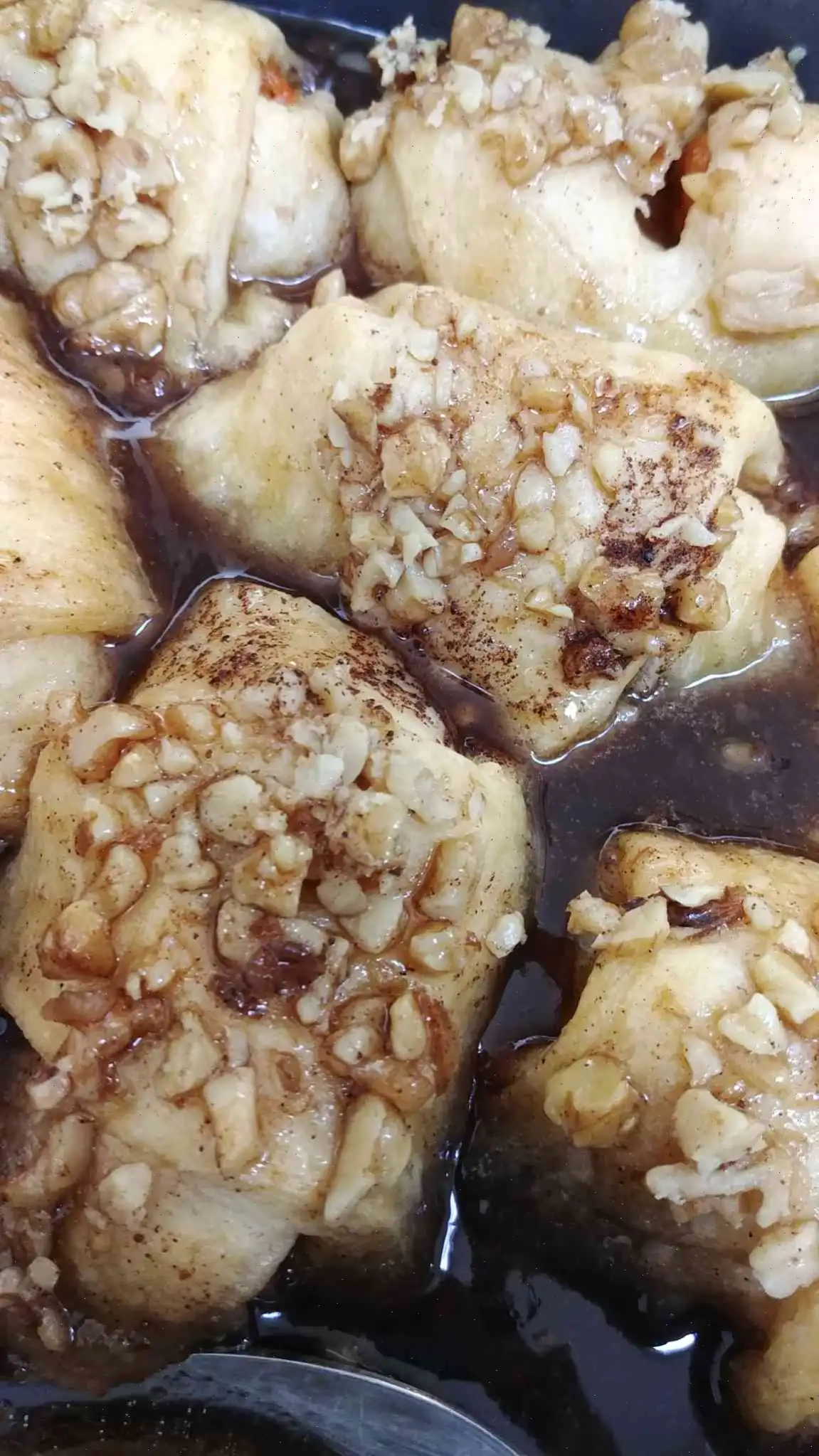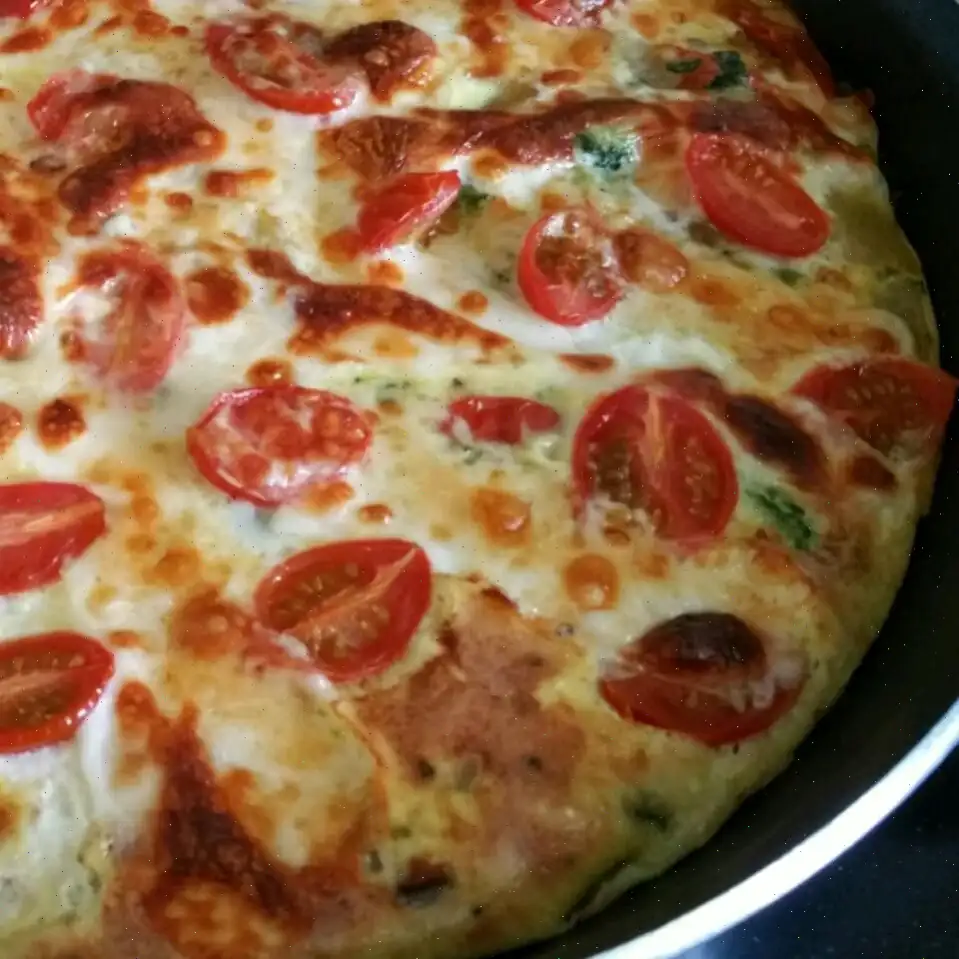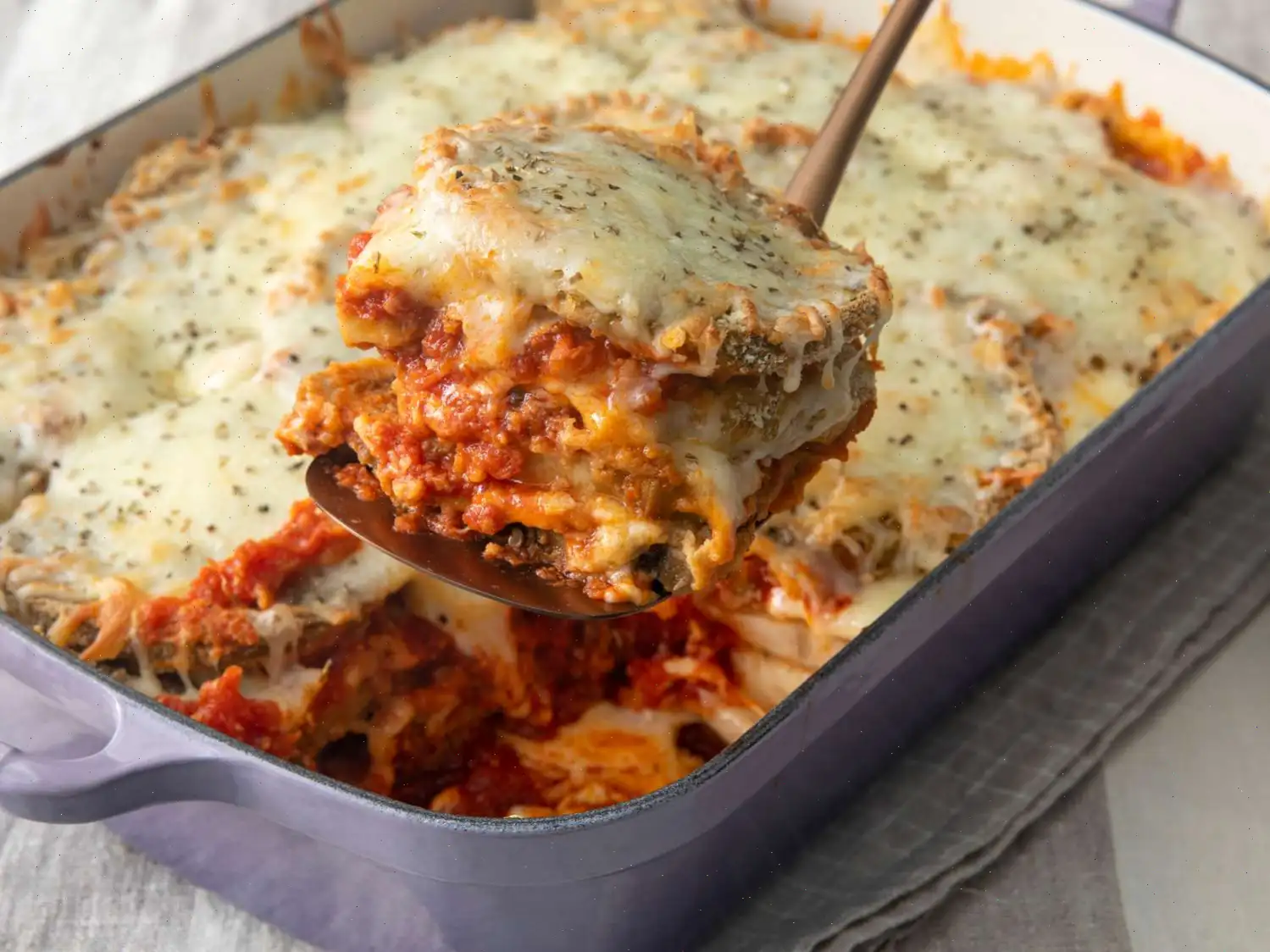
Parchment Baked Salmon Recipe
Ingredients:
- 1 (8 ounce) salmon fillet
- Salt and ground black pepper to taste
- cup chopped basil leaves
- Olive oil cooking spray
- 1 lemon, thinly sliced
Directions:
Step 1: Preheat your oven to 400F (200C). Move the oven rack to the lowest position.
Step 2: Place the salmon fillet, skin-side down, in the center of a large piece of parchment paper. Season the fillet with salt and black pepper to your taste.
Step 3: Using a sharp knife, make two 3-inch slits into the fillet.
Step 4: Stuff the chopped basil leaves into the slits you've just made.
Step 5: Lightly spray the salmon fillet with olive oil cooking spray and arrange the lemon slices on top of the fish.
Step 6: Fold the edges of the parchment paper over the fillet several times, sealing it into an airtight packet.
Step 7: Place the sealed packet onto a baking sheet.
Step 8: Bake the packet in the preheated oven, on the bottom rack, for about 25 minutes, or until the salmon flakes easily and the flesh is pink and opaque with a slightly darker pink interior. An instant-read thermometer should register at least 145F (65C) when inserted into the thickest part of the fillet.
Step 9: Once cooked, carefully cut open the parchment paper and remove the lemon slices before plating the salmon.
Nutrition Facts (per serving):
| Calories | 175 |
| Total Fat | 7g (9% DV) |
| Saturated Fat | 1g (7% DV) |
| Cholesterol | 50mg (17% DV) |
| Sodium | 48mg (2% DV) |
| Total Carbohydrate | 6g (2% DV) |
| Dietary Fiber | 3g (10% DV) |
| Protein | 25g (50% DV) |
| Vitamin C | 45mg (50% DV) |
| Calcium | 84mg (6% DV) |
| Iron | 1mg (7% DV) |
| Potassium | 495mg (11% DV) |
Note: Percent Daily Values (DV) are based on a 2,000 calorie diet. Your daily values may vary depending on your specific calorie needs.
History of Parchment Baked Salmon
The method of cooking fish in parchment dates back centuries, believed to have originated in ancient Mediterranean regions where fresh fish and aromatic herbs were wrapped in parchment or leaves and baked over hot coals. The parchment baking technique became popular in France during the 18th century, known as "en papillote." This method ensures the fish remains moist and tender by trapping steam within the folded paper, creating a self-contained cooking environment. Over time, it evolved into a beloved method for preparing delicate fish such as salmon, and it is now widely enjoyed for its simplicity and flavor preservation.
Regional Variations of Parchment Baked Salmon
While the concept of cooking fish in parchment is universal, regional variations in ingredients and flavors give this dish a unique twist depending on where its prepared. In France, the classic recipe uses a combination of fresh herbs like thyme, tarragon, and rosemary, along with lemon and sometimes white wine. In North America, particularly in the Pacific Northwest, the dish is often prepared with local salmon, paired with ingredients like dill, garlic, and mustard for added flavor. In Scandinavian countries, a similar technique known as "paketlaks" uses dill, lemon, and butter, reflecting the region's love for fresh fish and herbs.
Differences from Similar Dishes
Although parchment-baked salmon shares similarities with other fish-baking techniques, such as foil-wrapped or grilled salmon, it stands apart in its ability to preserve moisture and tenderness. Unlike grilling or baking on a baking sheet, where the fish may dry out, the sealed parchment packet allows the fish to steam in its own juices. This results in a softer texture and richer flavor. Additionally, the ingredients in parchment-baked salmonsuch as fresh herbs and citrusinfuse the fish without the need for heavy sauces, giving it a clean, light finish that other methods may lack.
Where Is Parchment Baked Salmon Typically Served?
Parchment baked salmon is often served in more casual home dining settings, but its also a staple in fine-dining restaurants that focus on fresh, healthy seafood. Its simplicity makes it ideal for dinner parties or intimate meals for two, where it can be presented directly in the parchment, adding a touch of elegance. Many seafood restaurants along coastal regions, particularly in the Pacific Northwest or Mediterranean, offer variations of this dish, showcasing the local fish and seasonal produce.
Interesting Facts about Parchment Baked Salmon
- The technique of cooking in parchment paper (en papillote) is not only used for fish but can also be applied to chicken, vegetables, and even desserts like fruit.
- Parchment baking is considered a health-conscious method of cooking since it doesn't require added fats like oils or butter (although you can still use them for flavor). The natural juices from the fish and any added herbs or spices provide ample moisture.
- This cooking style is particularly popular among those following Mediterranean or low-fat diets due to its emphasis on fresh ingredients and light preparation methods.
- Salmon is a rich source of omega-3 fatty acids, which are known to promote heart health and reduce inflammation, making this dish not just tasty but also nutritious.
- Many cooks recommend adjusting the cooking time based on the thickness of the salmon fillet. A thinner fillet cooks much faster, while thicker pieces may require slightly more time to cook through without drying out.
You can listen to this recipe in AI audio format. Simply click the play button below to listen to the content in a format that suits you best. It’s a great way to absorb information on the go!
FAQ about Parchment Baked Salmon Recipe
Comments
Raymond Green
05/01/2024 10:47:48 PM
Baking salmon in parchment is a fantastic technique to keep your delicate fish moist even if you accidentally leave it in the oven for a minute or two too long. The only tricky part is determining when it's perfectly done, as the thickness of the fillets can vary. My fillets were just over an inch thick at the widest part, and unfortunately, 20 minutes was a bit too much. Nevertheless, they were still tasty, and we loved the blend of flavors. Thank you for the inspiration!
Jacob Jackson
11/15/2024 07:30:49 PM
The concept is promising, but the implementation falls short. Baking the fish at 400F for 20 minutes is excessive and risks leaving it shriveled and dry, unless you are dealing with an exceptionally thick piece. For a 1-inch cut of fish, 15 minutes at 350F should suffice. It's important to remember that the fish will continue to cook after being removed from the oven. Additionally, allowing the fish to rest for about 5 minutes before unwrapping it is recommended.
Diane Robinson
06/19/2023 08:58:40 AM
The cooking time and temperature in this recipe need serious adjustment. It's far too long and hot for salmon, risking ruining the delicate seafood. A maximum of 15 minutes at 375 or around 350°F should be sufficient to avoid overcooking it.
Brian Walker
04/18/2024 02:19:16 PM
My salmon turned out delicious. I followed the advice of other reviewers and baked it for 17 minutes at 375 degrees, resulting in a perfect dish. Thank you to those who shared this helpful tip!
Lisa Collins
12/18/2022 09:52:08 AM
I really enjoyed this dish. I didn't have fresh basil, so I used dried instead. Similarly, I didn't have a lemon, so I used lemon juice as a substitute. Everything turned out well, and I even added some dill because my family enjoys it with fish. I baked it at 375 F for 20 minutes, and it was cooked to perfection. Next time, I'll make sure to have fresh basil and lemon on hand.
Samantha Miller
05/09/2024 02:43:03 AM
Wonderful recipe! I followed the instructions and included some fresh dill and parsley. Just 20 minutes in the oven was perfect. The parchment paper ensured the salmon stayed juicy. My entire family adored it! We went back for seconds, even the little ones. Thank you for sharing this fantastic recipe!
Jeffrey Miller
02/09/2024 10:10:35 AM
I recently tried cooking a quick and tasty fish dinner in less than 5 minutes by microwaving the fish in parchment paper in a glass dish. You can also add some butter or oil, microwave a potato, and cook a veggie like broccoli on the side. It's a simple and convenient meal option! For best results, I recommend microwaving fish fillets for 3 to 5 minutes in parchment paper to keep them moist. However, if you prefer a crispy finish, baking may be a better option. Keep in mind that using parchment paper steams the fish, so it takes longer compared to baking. Overall, this recipe suggests baking for too long, resulting in overcooked fish even when using parchment paper.
Tyler Scott
09/21/2024 07:52:04 AM
In addition to the basil in the slits, I also included green onion and garlic! AMAZING!!!
Gary Young
12/20/2024 06:19:08 PM
Update: The baking time will vary based on the thickness of the fillet. Around 12-15 minutes should be enough.
Lisa Perez
10/02/2024 09:23:50 AM
I made this last night and it was delicious! I added extra spices like dill and lemon pepper. I think baking for 15 minutes would have been enough or lowering the oven temperature to 375.
Christine Lewis
12/18/2022 01:04:34 PM
Amazing!! I believe using parchment paper is the key to achieving incredibly tender and juicy baked salmon! Following the advice of other reviewers, I made one adjustment and baked it for 15 minutes at 350 degrees. My fillet was on the longer, thinner side, so I heeded the warnings about 400 degrees potentially overcooking it. The end result was delicious, quick, and easy! I will definitely be making this recipe over and over again!
Jonathan Scott
01/21/2024 01:49:02 PM
Added sautéed mushrooms, cherry tomatoes, and fresh parsley on top of the fish. Cook for a maximum of 15 minutes at 380°F.
Amy Phillips
10/17/2024 01:39:56 AM
I put my own spin on the seasonings, and the result was fantastic. I had to bake the salmon for a bit longer than usual. The kids devoured it and absolutely enjoyed it, so I consider it a successful dish.
Larry Hall
02/16/2023 06:50:18 AM
Simple, fast, and incredibly tasty.
Emma White
01/23/2025 08:39:11 AM
Wonderful taste!
Pamela Rodriguez
09/07/2024 09:04:09 AM
Delicious! Didn't make any modifications. Will definitely prepare it again.
Richard Scott
08/11/2022 12:12:53 AM
I will never cook Salmon in any other way from now on. I decided to stuff mine with fresh dill instead of basil, and it was a game changer!
Gregory Parker
07/18/2023 08:39:44 AM
Bake at 425 degrees for a maximum of 15 minutes!!!
Aaron Anderson
05/29/2024 05:38:44 AM
This recipe has become a staple for my wife and me. We love preparing it with fresh vegetables from our garden, including cilantro, parsley, basil, plenty of butter, garlic, and a generous squeeze of lemon. Adding thinly sliced jalapeños gives it an extra kick. I prefer cooking it on the lower oven rack and checking it every 10 minutes until it reaches the safe cooking temperature. The result is always fantastic!
Kevin Nelson
10/08/2024 02:01:57 AM
With four generous servings, each just a little over .75 lb, this recipe turned out to be a hit. After 25 minutes of cooking, the salmon was firm, moist, and absolutely delicious. Not a hint of fishy smell lingering in the kitchen. The only modification I made was to brush on olive oil instead of using spray, as that's what I had on hand. Seeing how well it turned out, next time I plan to try cooking one large piece of salmon instead.



